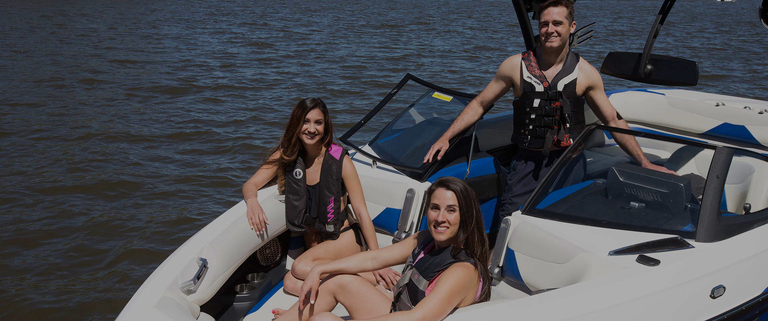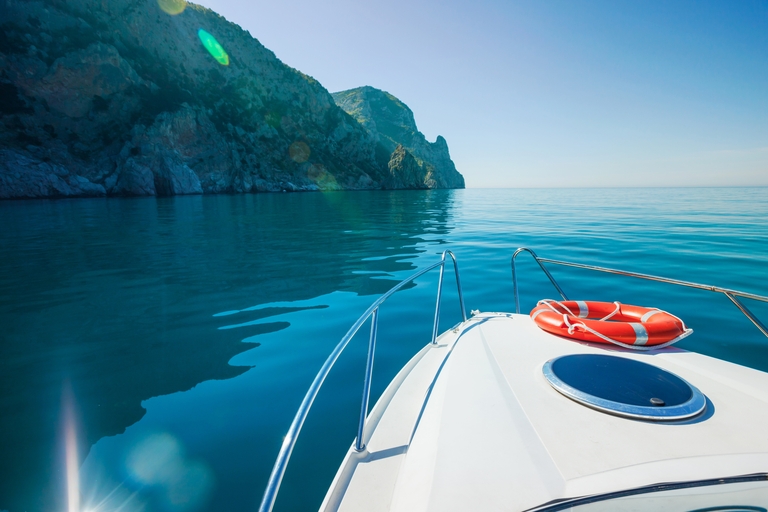Why Boat Size Matters
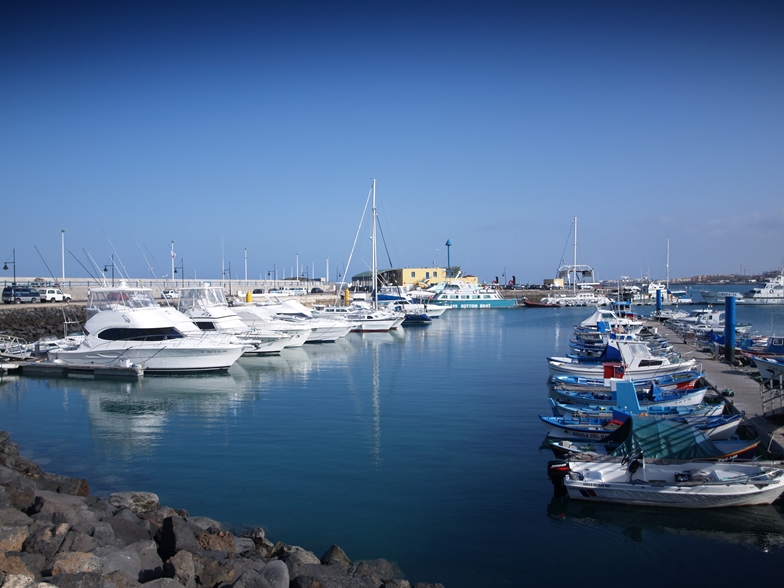
"So, how big is your boat?"
People ask this question for one of two reasons:
- They're also a boat owner and want to see how yours measures up.
- They hope you'll invite them out on your next trip and have room for a plus one.
However, there's more to the question of "how big is your boat" than how it compares to others! A lot goes into owning a boat – just ask anyone who owns one. Significant responsibilities (including maintenance) come with being a boat owner.
So, why should you consider the impact of a boat's size, and why does it really matter? Today, we talk about why the size of your boat is important, especially regarding safety on the water!
How Big of a Boat Do You Need?
Ask a boat owner in Texas or Florida, and they might say, go for the biggest one you can get. That advice will be great for show – but might be terrible for your budget.
Size matters because not everyone uses a boat the same way. However, there's much more to a boat than its size.
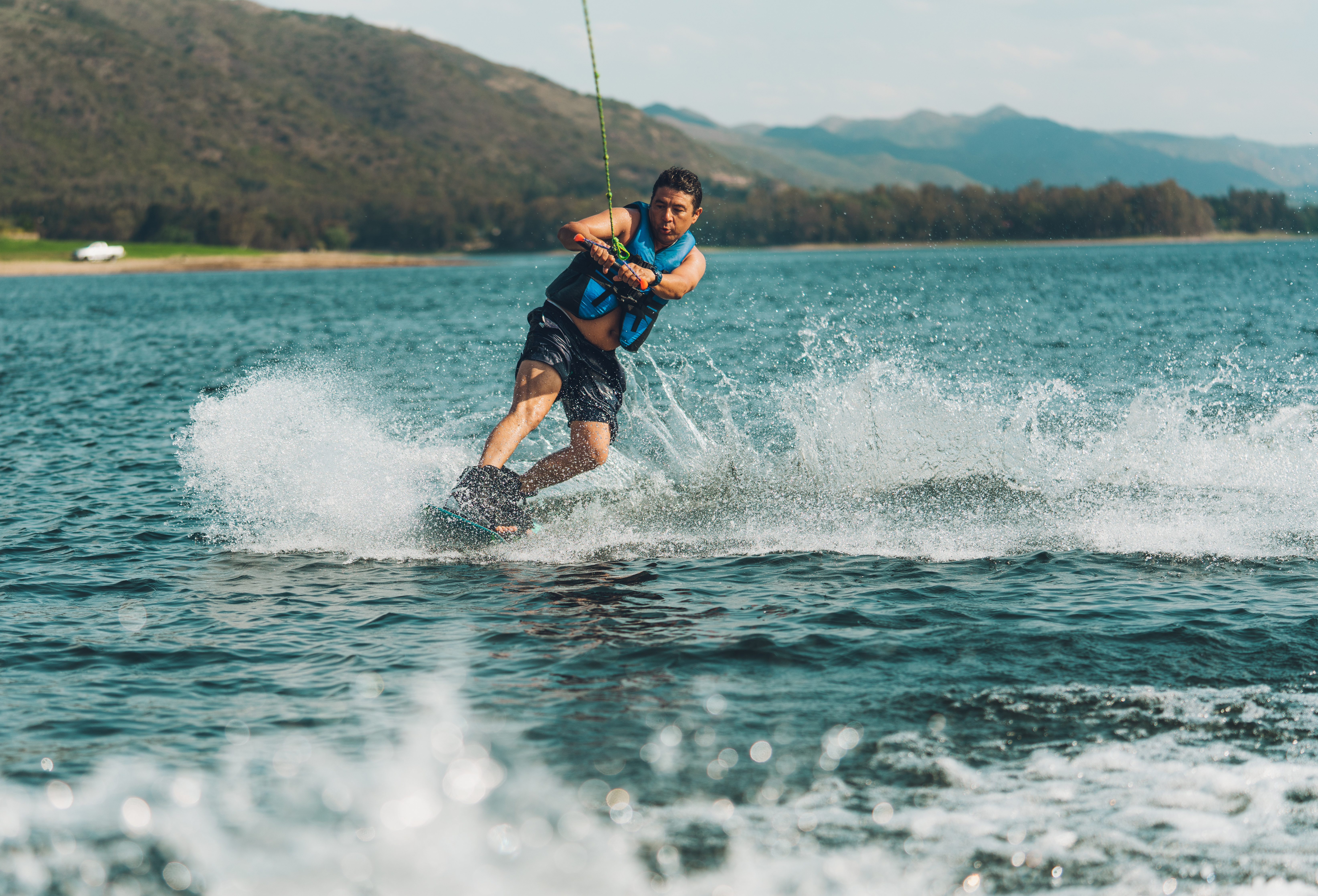
Consider Your Favorite Water Activities
According to the National Marine Manufacturers Association, in 2022, there were about 11.9 million registered boats in the U.S. used for recreation. That's a lot of boats!
Most of these boats are smaller than 26 feet in length. However, even with so many boats occupying the water, boaters aren't necessarily competing for the same space or fishing spots.
If you're interested in purchasing a boat, you must consider how you plan to use it. The United States Coast Guard (USCG) has identified the top boating-related activities:
- Cruising while using the engine
- Sailing
- Paddling
- Swimming or diving off the boat
- Recreational fishing or crabbing
- Fishing tournaments
- Hunting
- Racing
- Waterskiing or tubing
- Whitewater sports
- Other
These activities can easily divided into three categories: cruising, fishing, and watersports. Many boaters (close to 50 percent) enjoy cruising or fishing. About one-fourth of boaters surveyed participate in paddling, waterskiing or tubing, and diving or swimming off the boat.
So, when considering the boat that's best for your primary water activities, make sure it has the equipment you need (or can carry the equipment, like waterskis) so your days on the water meet your expectations.
Bigger Boats Can Come With More Costs
Larger boats will come equipped with more features and advanced operating systems. However, the larger size can also mean it can't be trailered (or towed back and forth to the water). So, you'll have to rent or buy a slip.
A good rule of thumb is to start with something you know you can operate and maintain, then add features or upgrade in the future. Marine industry innovation ensures boaters have access to the best vessels and gear.
Consider Safety (for Yourself and Others) and Boat Size
Boat size also matters regarding a boater's safety. For example, just because your powerboat "can" comfortably fit ten people doesn't mean it should.
Big or small, if you're not sure how many people your boat can handle, you should know before you extend the invites on your next trip to the lake.
Every boat has a capacity limit. In most cases, it's indicated near the operator's seat or the boat's transom. However, if your boat doesn't include this information, you can easily calculate it using the formula below.

Don't Forget Lifejackets
The length of your boat and the number of people on board and being towed determines how many personal flotation devices (PFDs) or life jackets and what type you should be carrying on your vessel.
Every state has specific rules governing the use of life jackets, but the USCG has set the standard with this:
"The U.S. Coast Guard (USCG) requires that all vessels have at least one Type I, II, or III personal flotation device that is USCG-approved, wearable, and of the proper size for each person on board or being towed."
In addition to life jackets, your boat should also be equipped with the proper safety gear and equipment.
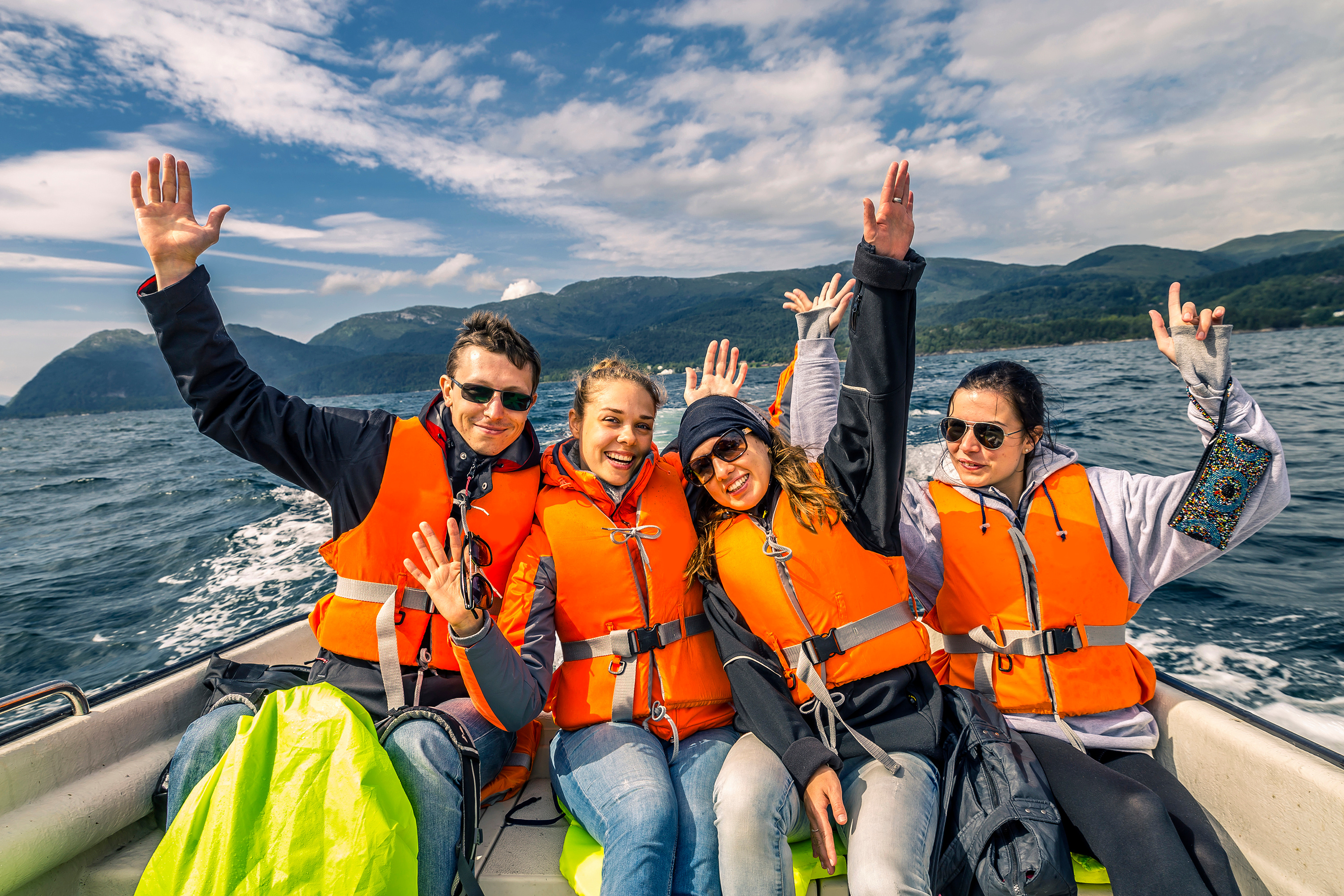
Don't Forget to Learn About Boater Safety for a Boat of Any Size
What size boat requires a license? Most states require any boat operator to have a boat license. However, if you're not sure of the requirements for your state, check before operating a boat.
Regardless of the requirements, if you've never taken a boater education course or it's been a couple of years since you passed, we highly recommend doing so before you get in the operator's chair again this season.
While your boater education certification never expires, your memory about proper safety practices on the water can fade! You might have also recently upgraded your boat to a larger vessel with different safety protocols than smaller boats.
Plus, our Boat-Ed safety courses stay updated with the latest recommendations and requirements to keep boaters safe on the water every season. Working through the course or study guide again can help you keep up with changes to laws or safety rules that apply to your boat, no matter the size.
Find your safety course, then take your state's official boat education course online! Or refresh your skills by reviewing the free online study guide.
Originally published June 18, 2014. Content updated November 16, 2023.

